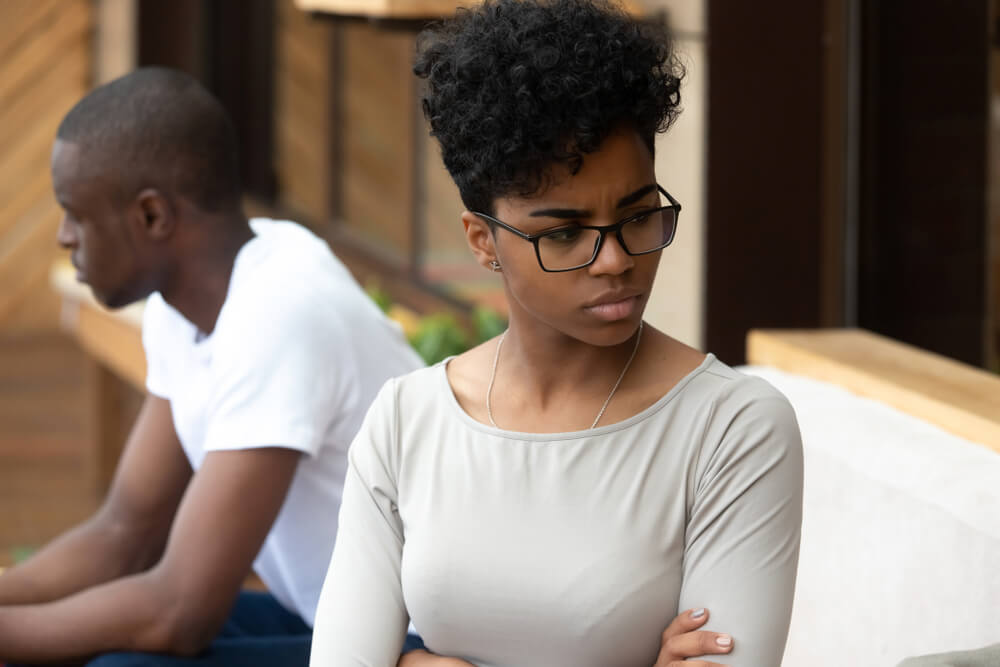Can there be rationality after a conflict? At first the most normal thing is not to think, after a conflict to think rationally about cooperating, even for our own benefit, it seems strange, it is even more rare when it happens at a group level, when our group comes into conflict with another group, the members of that other group will awaken negative emotions in us and, therefore, our behavior towards them will be negative, although it also hurts us.
However, this is not always the case. Sometimes we tend to rationality after a conflict. When group decisions are made, discussions can lead to deliberations in a more relaxed way. As a result, more rational decisions will be made, including the decision to cooperate with the opposition group.
- The history of evolution is full of conflicts.
- Some of which have led to the use of violence with other groups; the concept of a harmonious life without conflict is increasingly questioned; in addition.
- Intergroup violence appears to have provided some benefits for example in terms of reproduction.
- On the other hand.
- History also tells us that we are not always in conflict with other groups.
- We also establish bonds of trust and cooperation for the benefit of both.
“The position in a conflict is often not limited to the decision being made, but to its consequences. “
Therefore, we are faced with a paradox in which contradictory behaviors coexist, we have cooperation on the one hand and aggression on the other, the importance of understanding when there is one or the other behavior is in the management of the post-conflict.
In this sense, after a conflict, there may still be emotional wounds that do not allow the resolution of the conflict, the parties consider cooperation impossible and therefore deprive themselves of the advantages they might have, both in economic terms and in terms of human lives.
To know if we use rationality after a conflict it is necessary to go to psychology, in particular the theories that tell us about decision-making, in this sense dual theory proposes that there are two ways of making decisions:
In the event of a conflict, the other group can become a stimulus that automatically generates negative emotions, this association is the one that leads us to use the second way of making decisions, we will choose to trust our past emotions and experiences, however, there are inconveniences of this way of making decisions: experience may not be our best ally to assess the consequences of our decisions.
“Man will not be wise until he resolves all kinds of conflicts with the weapons of the mind, not with physical weapons. “Werner Braun.
However, rationality, the first way to make decisions, is most likely when those involved in the conflict deliberate as a group, that is, when group members discuss the best decision, they generally do so rationally, therefore they are able to ignore their experience and emotions, opting for more rational decisions, such as cooperation.
The conclusion that can be drawn from rationality after a conflict is that the group, as a general rule and in that sense, has a civilizing role, although groups can operate irrationally and pressure members when making decisions, they also provide a context in which discussion is encouraged, allowing mistakes to be made when making decisions.
This applies to current conflicts if we seek a solution, inviting stakeholders to evaluate different options will make them lean towards cooperation, so rational thinking, as a human faculty, will allow us to move towards a better society.

